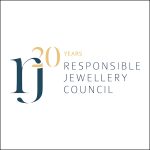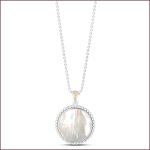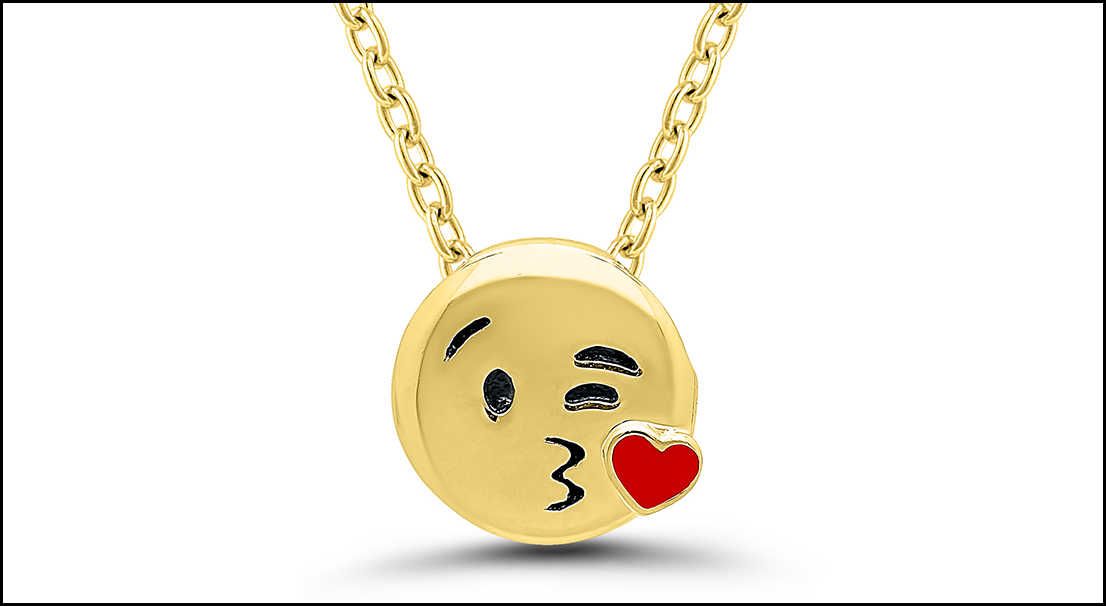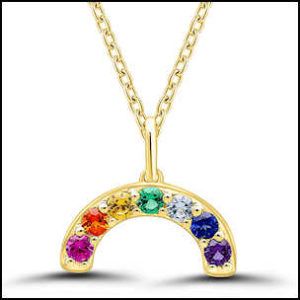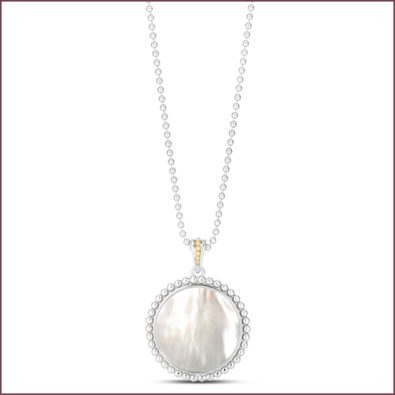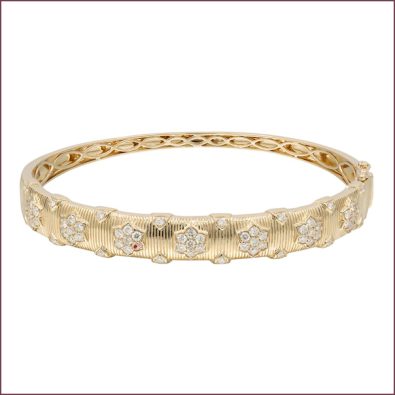Meet Gen Z Consumers
Born after 1997, Gen Zers are considered to be, in many ways, the most discerning group of consumers.
Generation Z (aka Gen Z, iGen, or centennials) is hailed the most influential consumer group, among the generational demographics profiled in The Plumb Club Industry & Market Insights 2021, developed with luxury trend-forecaster The Futurist, Paola DeLuca, and the statistical analysis survey firm, Qualtrics.
 Today, Gen Z comprises about 27% of the U.S. population, and is expected to be the largest generation in American history. It is also said to be the most diverse of all the generations, with 47% of the demographic from ethnic minorities. Pew Research expects Gen Z to be majority non-white by 2026.
Today, Gen Z comprises about 27% of the U.S. population, and is expected to be the largest generation in American history. It is also said to be the most diverse of all the generations, with 47% of the demographic from ethnic minorities. Pew Research expects Gen Z to be majority non-white by 2026.
The direct and indirect spending power of Gen Z is rapidly growing, reaching $44 billion in the U.S. prior to the pandemic, cites the cultural consultancy firm, Sparks & Honey. Gen Z will soon become the most pivotal generation to the future of retail, with many having huge spending power by 2026.
Born after 1997, Gen Zers are considered to be, in many ways, the most discerning group of consumers. They are the most digital, the best informed, have the highest expectations, and are the least loyal. If a brand does not see them as an actual consumer group, it’s likely because this generation already finds the brand irrelevant. And without relevance, a Gen Zer will never opt in.
Gen Zers are driven by uniqueness and collaboration, socially alert, and fiscally conservative (not necessarily after the lowest price, but the best deal). They seek a quick, easy and convenient shopping experience.
Scars of the Pandemic
Gen Zers tend to be more conservative in their spending, more wary of the future, having faced the crises of 2020 during their formative years, cites Industry & Market Insights. “The scars for this generation will be deep, impacting society, culture and business for the rest of their life, and potentially setting in motion profound cultural shifts that their younger peers will continue to follow.”
Young consumers are deeply affected by the pandemic, but seem able to find opportunity for a better world to emerge post COVID, and they want to lead the change, finds the Deloitte Global Pandemic Survey 2020.
Despite the individual challenges and personal anxiety, TPC research shows that Millennials and Gen Zers remain centered on larger societal issues, both before and after the onset of the pandemic. They’re focused on building a better world, more sustainable and fair, and are looking for brands that reflect their values and use technology for social causes.
The world that follows the pandemic will be more aligned with the ideals that the younger generations have expressed. They’ve seen how quickly the earth can heal, how rapidly business can adapt, and how resourceful and cooperative people can be. They feel that the pandemic reduced economic activity, lowering energy use, and therefore pollution, so they have hope there’s still time to take action and protect the planet.
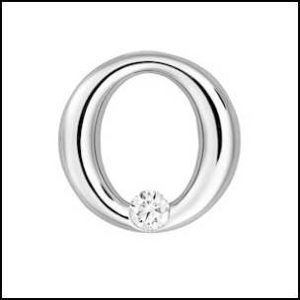 Redefining Luxury
Redefining Luxury
Younger consumers define luxury in a way that is very different from previous generations. The pandemic has inspired consumers to reevaluate what they consider luxury, and the result, finds Industry & Market Insights, is desire for rare items of premium quality and lasting value.
Forced to slow down and re-connect with Mother Nature, with old and new beliefs, jewelry is the expression of this new mindset and lifestyle. The focus is on simplicity, quality and longevity. According to TPC research, consumers today are interested in buying fewer high-quality pieces that have personal meaning, rather than buying impulsively. Less is more.
Gen Z is more of an “us” than a “me” generation, describes Valerie Fletcher, vice president of design and product development for Original Design Inc. (ODI). While personalized jewelry like nameplates, zodiacs and birthstones are still favorites personal expression in jewelry encompasses so much more for this generation, including a heightened social consciousness. “They’re very socially aware, and look for brands and products that express their values.”
They are eco-conscious, seeking products that are kinder to the environment and our neighbors, sees Monica McDaniels, communications manager for the San Marcos, California lab-grown gem brand, Chatham. “Conversations with consumers revolve around making ethical buying decisions.”
Gen Z also embraces design that is gender fluid, as Fletcher describes, jewelry that is somewhere between stereotypical masculine and feminine attributes. “Clean, classic, streamlined, and sized to be wearable on all body types.”
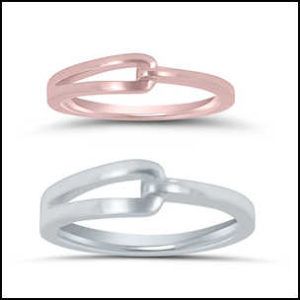 Exciting about Gen Zers is their love to experiment and follow their own paths, says Harry Fiorentinos, director of sales and marketing for Novell Global. Unlike previous generations, they don’t accept being put into a box. They decide what’s good for them, and don’t care what brands want them to do.
Exciting about Gen Zers is their love to experiment and follow their own paths, says Harry Fiorentinos, director of sales and marketing for Novell Global. Unlike previous generations, they don’t accept being put into a box. They decide what’s good for them, and don’t care what brands want them to do.
“They’re staying true to themselves, mixing and matching pieces as only they individually see fit,” Fiorentinos explains. “Sometimes this means flanking their engagement ring with mismatched bands. Sometimes it’s going with a thin engagement ring when so many stores and brands are showing heavier styles. Sometimes it’s stacking plain bands. Some women are going with wider width bands, some men with narrower ones. It’s a breath of fresh air, you do you!”

